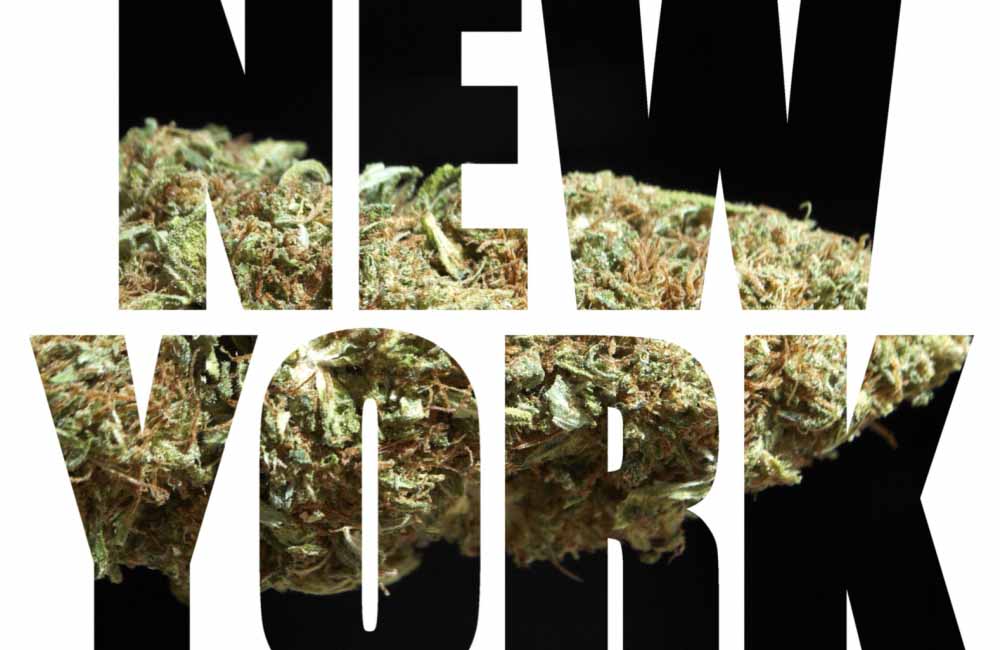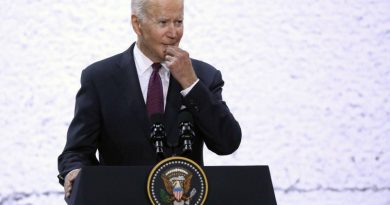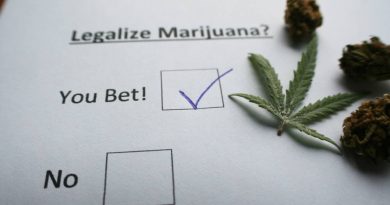What’s Slowing Down the New York Legal Cannabis System?
Some states have stumbled in setting up a legal cannabis system. Both Massachusetts and Maine had their issues. But the state setting the standard for the slow rollout of its program is the New York legal cannabis market.
About two and a half years since lawmakers passed legalization of marijuana, the journey to set up the New York legal cannabis market has been marked by sluggishness and obstacles.
There are plenty of examples, especially west of the Mississippi River, for other states to follow in terms of establishing cannabis markets. For example, Colorado and Washington set up the first legal cannabis systems, while Nevada famously got its program up and running in just about seven months. That’s led to more money going into education. Nevada also has been faster than most states in clearing the path for cannabis lounges.
New York, however, is currently providing an example of the opposite outcome.
High Expectations for New York Cannabis Market
Expectations were that the state would have over 150 licensed dispensaries by now, offering a range of products like edibles, smokable flower and vapes to adults aged 21 and above, according to the New York Times.
The reality is quite different: only 23 legal dispensaries exist, and a significant number of these solely provide delivery services.
The most recent setback in expanding the retail program unfolded this month when a court order momentarily halted regulators from issuing and processing licenses for new establishments. There is a provision allowing stores that were on the verge of opening to proceed.
Still, the ruling is a setback for the New York legal cannabis system.
New York Law Led to Most Recent Setback
New York lawmakers decided to award the first dispensary licenses based on a criteria that required applicants to have a conviction for a marijuana-related offense on their record before legalization. If they did not have a conviction of their own, applicants could still meet the requirements if they have a close relative, such as parent or spouse, with a marijuana-related conviction. They also must have owned a profitable business for at least two years.
The judge’s ruling came in a case involving a lawsuit from a group of military veterans who became disabled during their military service. They challenged the state’s requirements. The veterans met the business requirement, but did not have a previous marijuana conviction.
They argue that the state’s cannabis regulators, who created the requirements, did not have the power to create only one class of applicants. That power, they argue, is only in the hands of the state legislature, which had initially said that all applicants could apply at the same time.
In his injunction issued in the case, New York Supreme Court Justice Kevin Bryant halted the state from issuing any new licenses. The judge’s decision “represents a severe setback for the state’s legal marijuana industry, which has been defined by a slow licensing rollout, a glut of excess marijuana crops and legal challenges that have allowed an illicit market to boom,” according to ABC 7 in New York.
Bryant has instructed the veterans and state leaders to negotiate a settlement before a licensing program can continue.




